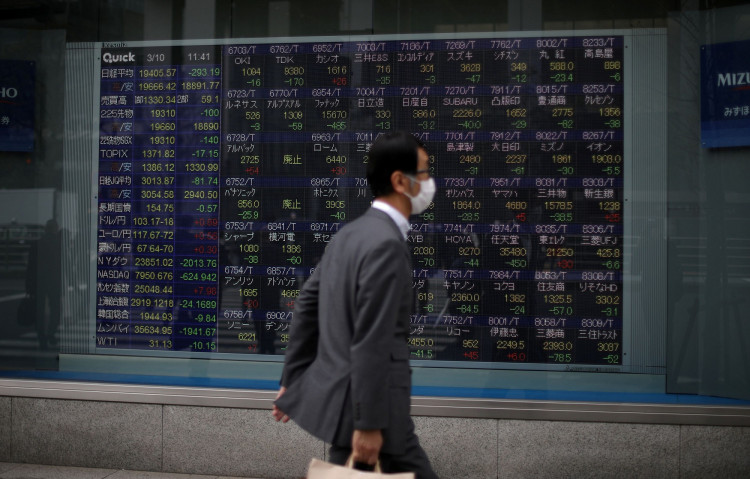China has moved to allow investors to file class-action lawsuits against listed companies found guilty of fraud and price manipulation. The change is part of the country's efforts to crackdown on illegal activity in its capital markets.
China's Supreme Court said it would now allow investors to cooperatively seek compensation for lost investments caused by fraudulent activities by listed companies. Class-action litigation, which is common in Western countries, is a convenient and less costly way of seeking compensation.
The change is a big step forward for China's capital markets and its more than 160 million individual stock-market investors. In the past investors had to individually lodge legal complaints. Many elected not to because it was unlikely to result in any compensation.
The China Securities Regulatory Commission said in a statement that allowing class-action suits should provide added protection for investor rights. It would also widen changes already made in the country's capital markets with the ultimate goal of ensuring stability and continued growth. The commission said it would prioritize class-action cases involving bigger companies and activity that not only affected investors but the reputation of companies from China, too.
Investors said the move was great news because it would effectively deter companies from engaging in fraud knowing that investors could use the law to protect their interests. China's stock market, operational for around 30 years only, is still young and politicians and regulators are still tweaking policies to accelerate its growth.
There has been a series of highly publicized scandals involving large companies from China, including the fraudulent financial reporting by coffee-chain operator Luckin Coffee and a fake gold scandal at Kingold Jewelry. These caused a stir in both the U.S. and China's capital markets. The U.S. accused China of having inadequate oversight over listed companies.
On Monday two regulatory bodies said they would impose sanctions against Luckin Coffee. The regulators concluded the coffee company was guilty of fabricating more than $300 million in fake sales in its previous year's financial reports. The sanctions are aimed at deterring others from committing financial fraud.





